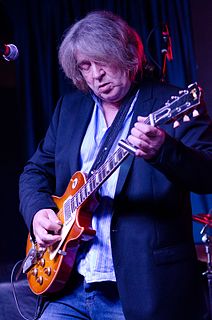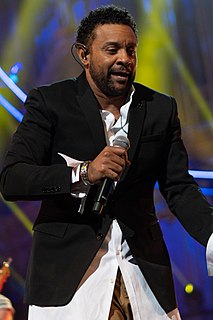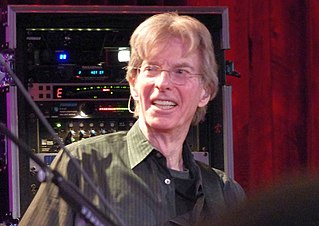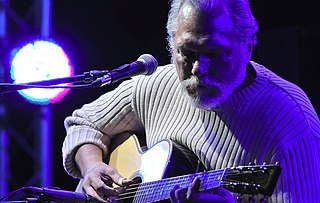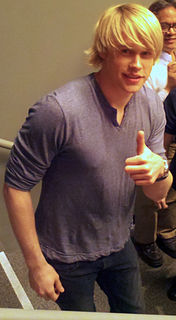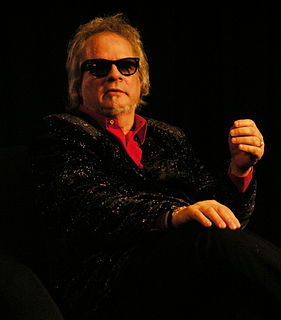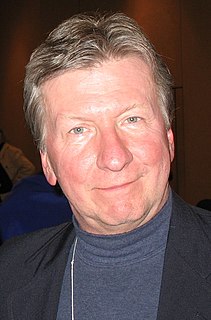A Quote by Mick Taylor
I had to learn chord shapes... I bought books with chord charts. I used to listen to all kinds of pop music.
Related Quotes
I kept on buying records and listening to them. Finally, I was able to hear the relationship between the jazz improvisers' solos and the underlying structure that it's based on, the chord progression. That was pretty easy to do in the swing era, y'know, when jazz was, like, pop music, you know. It had made the charts and everything like that.
... We borrowed it all from Coltrane. I started encouraging everybody in the band to listen to John Coltrane - 'Check it out, see what these guys do.' They take one chord, the tonic chord, and just play all over it. 'We can do that too!' I wanted to make our music something really amazing - I wanted it to be jaw-dropping and turn on a dime and do all of those things that I knew music could do, and nobody told us we couldn't do it. I shouldn't say 'I,' though - Jerry Garcia was behind it the whole way.
We were on a tour, and there were some chord formations that were tough for me to play when I was a kid...it had become apparent that there was some stuff I wanted to do that [would require me] to learn how to do that. So I wrote the song and used some of these chord formations so I would have to play them. I thought it would be a great teaching vehicle for a while, and it was, but it ended up as a performance song.
The very funny thing about "Like A Rolling Stone" is it was a six minute song, there was no music to read from. And there I was playing this unfamiliar instrument. So I would come in on the upbeat of one. I would wait until the band played the chord, and then as quickly as I could come in play the chord.
